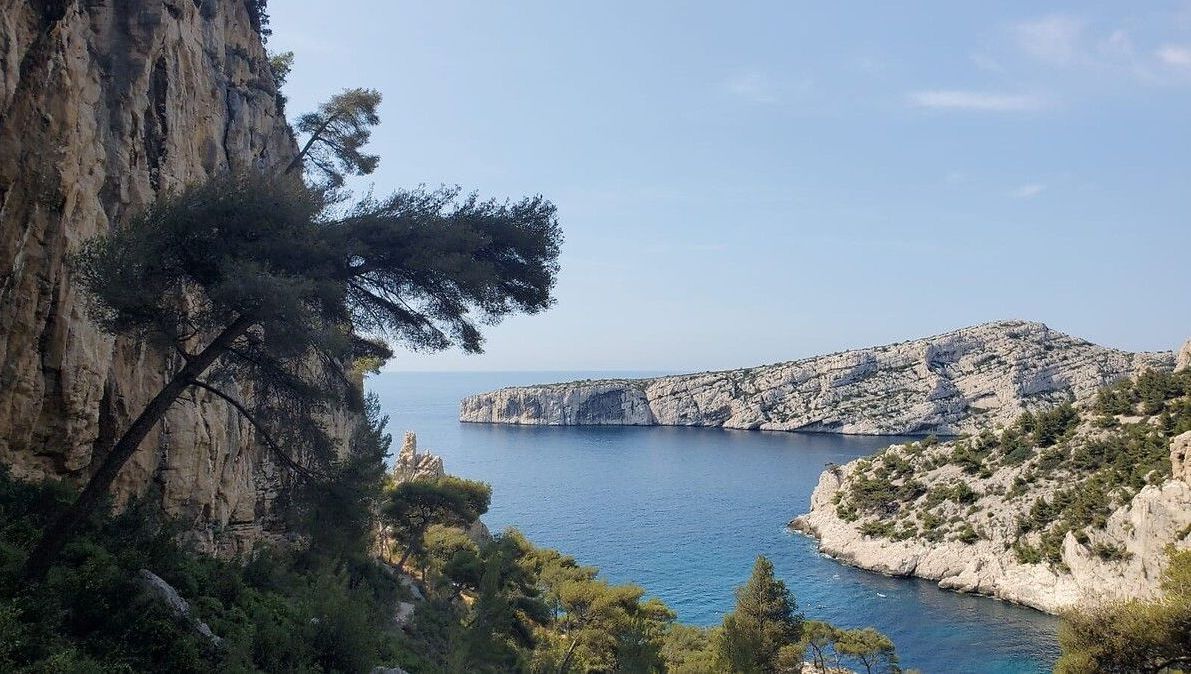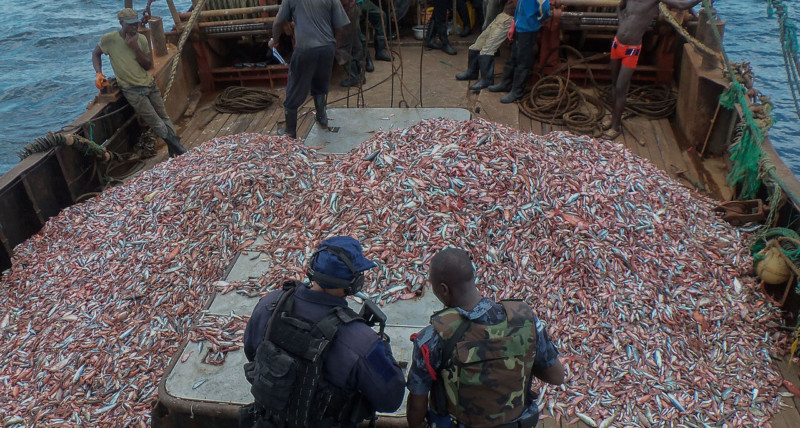Marine heatwaves, jellyfish proliferation, ocean tropicalization, coastal erosion, and the management of green algae—all highlight how coastal areas are bearing the brunt of climate change. What are the consequences? France Inter shed light on the issue this Monday.
While heatwave temperatures on land may have subsided, this is not the case at sea, where surface waters in the Mediterranean are expected to approach 30°C this week. “This is unprecedented,” noted biologist and oceanographer Françoise Gaill, a specialist in deep-sea ecosystems and adaptation to extreme environments. “There is both the intensity, meaning temperatures higher than what we are used to, and also the frequency of these heatwaves.”
Currently, water temperatures are “between 18 and 19 degrees,” said Ronan Loas, mayor of Ploemeur in Morbihan. “If we look at the historical record in Brittany, the waters used to be cooler. While this may feel comfortable for residents and tourists, it’s concerning—especially for autumn, because hot summers often lead to more violent storms at the start of the winter season.”
He also emphasized the issue of “coastal erosion” in his municipality, denouncing “a real failure of the State on this matter.” According to Cerema, a public body supporting the State and local authorities in climate adaptation, coastal erosion could threaten 5,200 homes in France by 2050 if no action is taken, due to the accelerating rise in sea levels. “We feel completely abandoned,” Loas lamented, stressing that “we no longer have a fully empowered ministry for the sea.”
“Without the Ocean, Life on Earth Would Not Be Possible”
The same climate change impacts are evident in Corsica, observed by biologist and photographer Laurent Ballesta. “We regularly see new species arriving while others decline. This seems directly tied to water temperature. For example, only three years ago, the Mediterranean parrotfish began appearing in northern Corsica. I had photographed it years ago off the Tunisian coast, later in Sicily, then Sardinia, and now it’s found as far north as Cap Corse.”
Beyond surface temperature, “the thickness of the warm water layer” is crucial and potentially devastating for ecosystems, he added. Scientists describe these as “underwater wildfires” or “marine heatwaves.” In deeper zones, “if temperatures rise, oxygen disappears. Marine animals struggle to breathe, and this gradually leads to catastrophic consequences for many species,” explained Françoise Gaill. “These marine heatwaves have been increasing since climate change in the ocean was first identified.”
Both scientists stress the need to make the hidden depths of the ocean better known to the public in order to foster protection. “The ocean regulates climate change. Without it, we could not live on the Earth’s surface given the atmospheric temperatures we would face,” Gaill reminded. “It’s our life insurance.”




